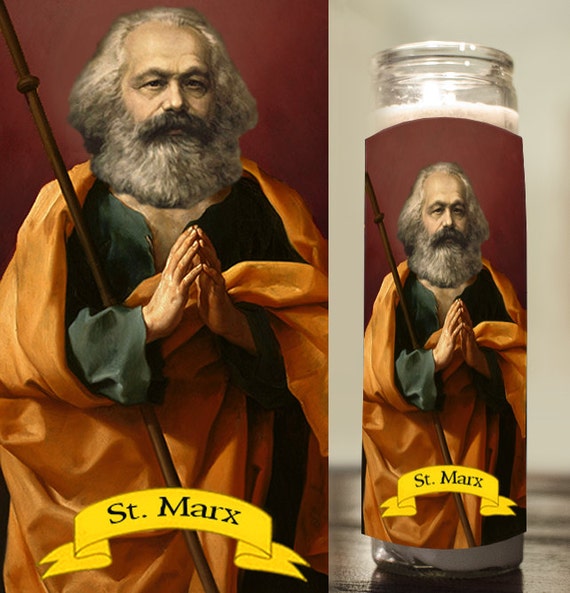n_huffhines
What's it gonna cost?
- Joined
- Mar 11, 2009
- Messages
- 84,578
- Likes
- 50,092
People should be relieved by this data, but rather than accepting it, will probably resist and continue to perpetuate this myth for political gain.
Everybody is getting richer!
Myth of the Declining Middle Class - Hit & Run : Reason.com
Everybody is getting richer!
the size of the upper middle class grew from 12.9 percent of the population in 1979 to 29.4 percent in 2014. In other words, lots of Americans have moved from the middle-middle class to the upper middle class.
Between 1979 and 2014, U.S. GDP (in 2009 dollars) grew from $6.503 to $16.151 trillion. Roughly, the absolute amount of the GDP going to poor Americans rose from $480 to $580 billion; the lower middle class saw an increase from $1 to $1.2 trillion; and the middle middle class portion went from $3 to $4.2 trillion. The huge shift occurred for those fortunate American families whose inflation-adjusted incomes were greater than $100,000 per year. In absolute terms, the upper middle income portion of the GDP rose from $2 to $8.4 trillion; and the rich saw an increase from $260 billion to $1.8 trillion.
Rose speculates that "people in the middle class interact more with the upper middle class than they do with the very rich, and they may have stronger feelings of losing ground to the upper middle class versus their feelings about the inequality due to the huge income increases of those in the top one-tenth of 1 percent of the income ladder."
In other words, discontent over rising inequality may stem from envy among the middle class as they see the incomes of their upper middle class neighbors rising steeply.
Myth of the Declining Middle Class - Hit & Run : Reason.com



